China Advances National Standards for Hydrogen and Vehicle Safety Technologies
China is advancing several national standardization projects related to the safety and testing of road vehicles, particularly those using hydrogen and new energy technologies. Among them, GB/T 24549-2020 Fuel Cell Electric Vehicles—Safety Requirements specifies safety provisions for fuel cell electric vehicles at the vehicle and system levels. The standard is organized by the Ministry of Industry and Information Technology and implemented by the Electric Vehicle Subcommittee of the National Automotive Standardization Technical Committee, with major contributors including China Automotive Technology and Research Center, Tongji University, and Zhejiang University. In parallel, a national standard plan for Hydrogen Internal Combustion Engine for Vehicle—Safety Requirements is under development, defining safety requirements for hydrogen-fueled engines used in vehicles and involving multiple domestic automakers and testing institutions. There are various requirements for e-mobility in China, which must be met by the respective vehicle or component manufacturers.
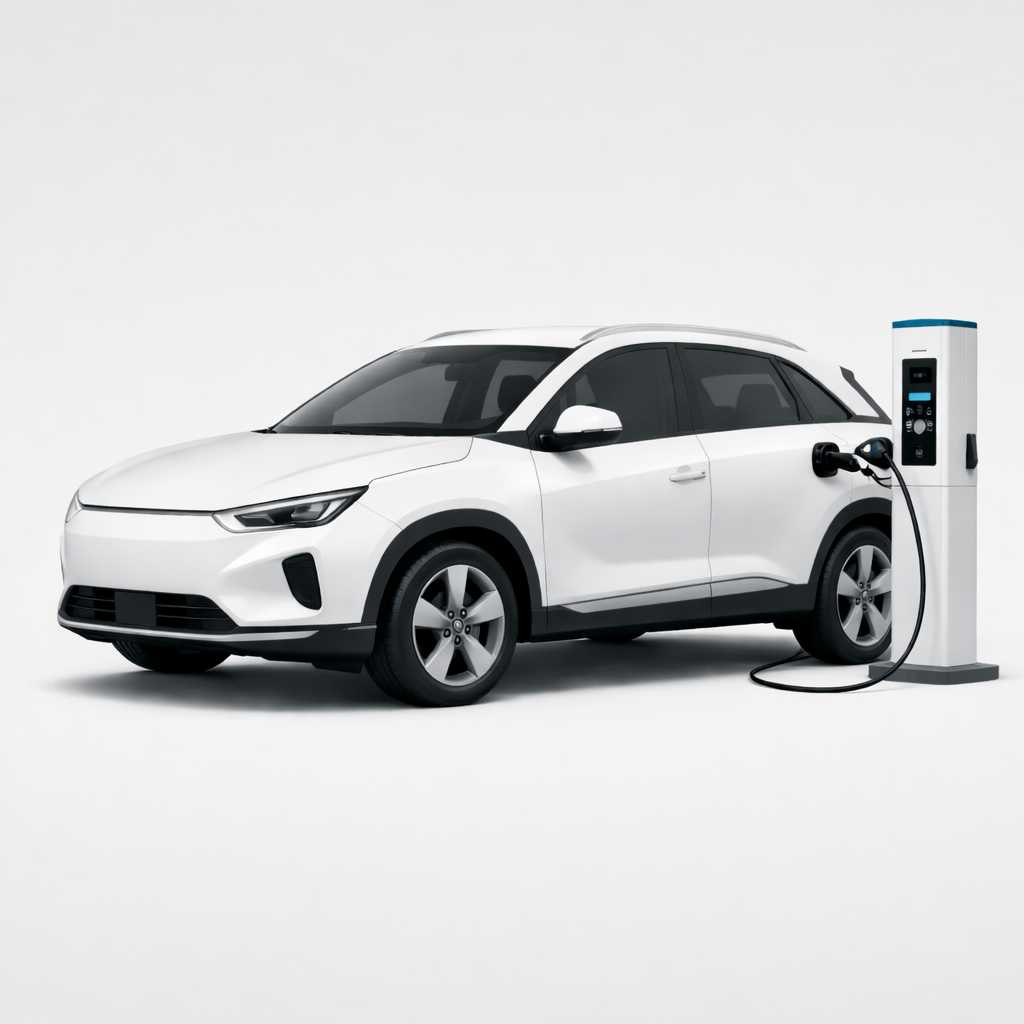
Further standardization efforts include the draft national standard Road Vehicles—Compressed Gaseous Hydrogen (CGH2) and Hydrogen/Natural Gas Blends Fuel Systems—Part 2: Test Methods, which focuses on harmonizing test methodologies for hydrogen and blended fuel systems and is led by the Gas-Fueled Vehicle Subcommittee under the National Automotive Standardization Technical Committee. Another draft standard, Simulation Validation Method for Lateral Dynamic Stability of Vehicle Combinations, aims to establish unified simulation and validation approaches for evaluating lateral dynamic stability of vehicle combinations, with participation from universities, testing centers, and major vehicle manufacturers.
For more information on how CCC certification, the CCC Self-Declaration and voluntary CCAP or CQC certification may affect your company, or for more information about CCC certification in general, please visit our News Section where you will find current updates twice a week.
Please do not hesitate to contact us for further details and consultation. You can contact us via email, Chat, or call us (UK: +44 2071931135, Europe: +49 69 2713769150, US: +1 773 654-2673).
You can also check our free CCC-Brochure, which can be downloaded as a PDF file. The brochure also contains information on the CCC Self-Declaration and the voluntary CQC- and CCAP-Certification).
China Advances National Standards for Electric Vehicle Battery Technologies -new Standards GB/T 38661-2020 and GB/T 31484-2015
China has recently reaffirmed and expanded its national standardization work for electric vehicle battery technologies, covering battery management systems, performance durability, recycling safety, and emerging solid-state battery components. Several standards fall under the administration of the Ministry of Industry and Information Technology and are managed by the National Automotive Standardization Technical Committee and its Electric Vehicle Subcommittee. These initiatives reflect China’s continued effort to regulate the full life cycle of traction batteries, from in-vehicle performance and safety to end-of-life dismantling and advanced material applications. Batteries and battery production equipment and components usually require CCC certification or battery registration in order to be approved for import and sale in China.
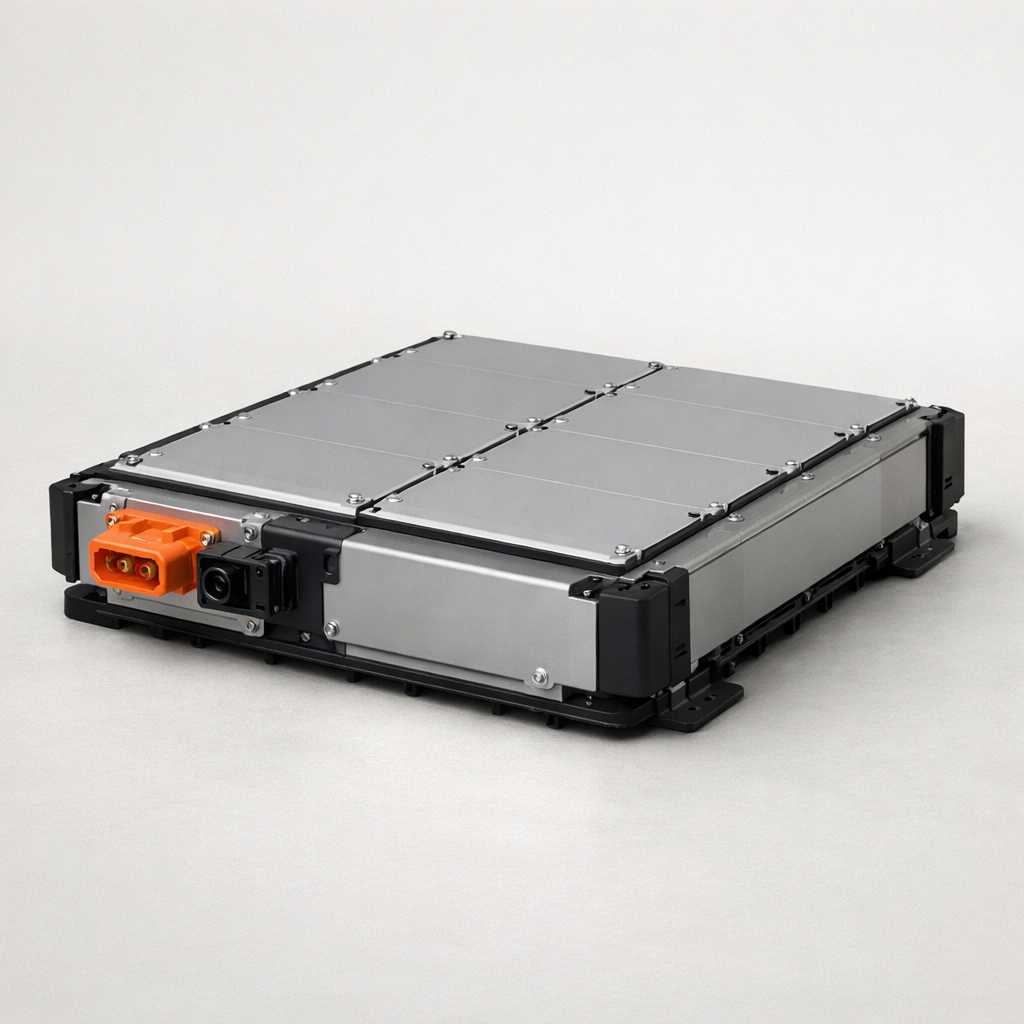
Among the relevant standards, GB/T 38661-2020 specifies technical requirements for battery management systems used in electric vehicles, while GB/T 31484-2015 defines cycle life requirements and corresponding test methods for traction batteries. In addition, a draft national standard on safety requirements for dismantling and crushing traction batteries is currently under development, alongside a draft technical specification for solid electrolytes used in solid-state batteries for electric vehicles, which is planned to take effect immediately upon release. These standards are being developed with contributions from major industry stakeholders, including leading battery manufacturers, automotive research institutes, and recycling technology companies, underscoring broad industry participation in shaping China’s regulatory framework for advanced battery technologies.
For more information on how CCC certification, the CCC Self-Declaration and voluntary CCAP or CQC certification may affect your company, or for more information about CCC certification in general, please visit our News Section where you will find current updates twice a week.
Please do not hesitate to contact us for further details and consultation. You can contact us via email, Chat, or call us (UK: +44 2071931135, Europe: +49 69 2713769150, US: +1 773 654-2673).
You can also check our free CCC-Brochure, which can be downloaded as a PDF file. The brochure also contains information on the CCC Self-Declaration and the voluntary CQC- and CCAP-Certification).
Revised CCC Regulations for Motorcycle Lighting and Fuel Systems to Take Effect
China has introduced revised technical standards and testing methods for the CCC certification of vehicle lighting systems and motorcycle fuel tanks. The updated standards GB4599-2024 (headlamps), GB5920-2024 (light-signaling devices), and GB19482-2025 (fuel tanks for motorcycles and light motorcycles) will come into force starting January 1, 2026. The changes apply to motorcycles and light motorcycles that are equipped with corresponding front lighting systems and fuel tanks. Lighting systems must now comply with both GB4599 and GB5920, particularly if they feature multifunctional designs such as adaptive headlamps or combined signaling functions. Fuel tanks must be retested according to the new GB19482-2025 standard. These updated regulations replace previous versions and, in some cases, introduce new testing requirements for both newly developed and existing products. A technical expert panel (TC12) has outlined how these changes are to be implemented during the transition period for both certified and new products. Lighting systems and fuel tanks for motorcycles and light motorcycles usually require CCC certification in order to be approved for import and sale in China.
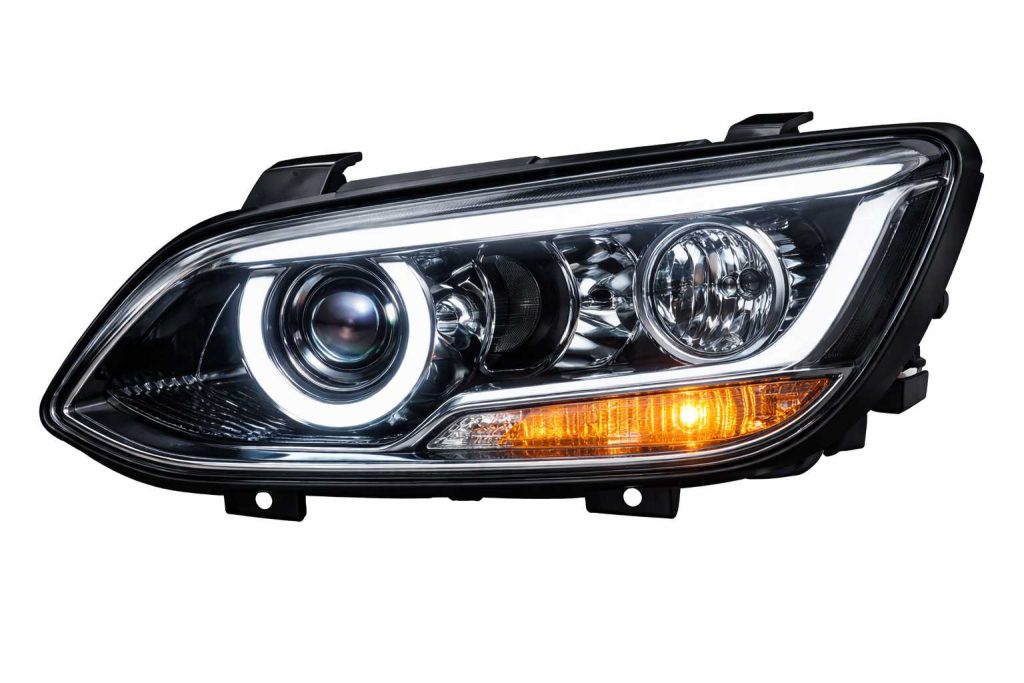
For new products, certification must be carried out strictly under the new standards once they take effect. Already certified products must be updated according to the new requirements if any standard changes or additional test items apply. If no technical differences exist, certificates may be updated without retesting. Products no longer in production before the release of the new standards do not require recertification. The table on page 3 outlines in detail the specific requirements and transition deadlines for components such as LED lamps, reverse lights, and fuel tanks, with enforcement dates extending through January 1, 2028.
| Standard Nr. | Product Category | Testing | Implementation |
| GB 19152-2025 | Front headlights | Test required (no material test required for identical plastic lens parts) | For newly commissioned certification of front headlamp products: Implementation from January 1, 2026; for already certified front headlamp products: Implementation from January 1, 2027. |
| GB 4599-2024 | Front fog lights (for motorcycles and light motorcycles equipped with front fog lights) | F3 class front fog lamps: test required; B class front fog lamps: retest required in accordance with new standard. | For newly commissioned certification of fog lamp products: implementation from July 1, 2025; for already certified fog lamp products: implementation from July 1, 2028. For newly commissioned certification of models and already certified models: implementation from July 1, 2028. |
| GB 17510-2025 | Front position light, rear position light, brake light, direction indicator (turn signal), reverse light, and license plate light | Light signal systems with light intensity control function must undergo a functional test; in addition, a test of the requirements for light color and color limits is required (except for license plate lighting); other points do not require testing. | For newly commissioned certification of front position lamps, rear position lamps, brake lamps, direction indicators (turn signals), reversing lamps, and license plate lamps: Implementation from January 1, 2026; For already certified front position lamps, rear position lamps, brake lamps, direction indicators (turn signals), reversing lamps, and license plate lamps: Implementation from July 1, 2026; Section 5.1.2 of the standard: Implementation from January 1, 2028. |
| GB 5920-2024 | Daytime running lights (DRL), front position lamp, rear position lamp, license plate light, brake light, direction indicator (turn signal), rear fog light, reversing light – used for the above-mentioned lights on motorcycles and light motorcycles | Daytime running lights (DRL), front position lights, rear position lights, license plate lights, brake lights: previously not approved for use, testing according to new standard required. Direction indicators (turn signals), reversing lights, rear fog lights: – Turn signals (type 2b): minimum luminous intensity test required. – Reversing lights: Reversing lights with LED light sources must be tested according to the new standard. – Other lights: test required. | For newly commissioned certification of daytime running lights (DRL), front position lights, rear position lights, license plate lights, direction indicators (turn signals), rear fog lights: Implementation from July 1, 2025; Brake lights and reversing lights: Implementation from January 1, 2027. For already certified daytime running lights (DRL), front position lights, rear position lights, license plate lights, brake lights, direction indicators (turn signals), rear fog lights, reversing lights: Implementation from July 1, 2028. For newly commissioned certification of models and already certified models: Implementation from July 1, 2028. |
| GB 18100-2025 | Motorcycles and light motorcycles | Retesting according to the new standard | For newly commissioned model certification: (except for the requirements in 5.1.1 and 5.2.1) Implementation from January 1, 2026. For requirements 5.1.1 and 5.2.1: Implementation from July 1, 2027. For already certified models: Implementation from July 1, 2027. |
| GB 15365-2025 | Motorcycles and light motorcycles | Retesting according to the new standard | For newly commissioned model certification: Implementation from January 1, 2026. For already certified models: Implementation from January 1, 2028. |
| GB 19482-2025 | Fuel tank (motorcycles and light motorcycles with fuel tank) | Retesting according to the new standard | For newly commissioned product certification: Implementation from January 1, 2026. For already certified products: Implementation from January 1, 2027. |
For more information on how CCC certification, the CCC Self-Declaration and voluntary CCAP or CQC certification may affect your company, or for more information about CCC certification in general, please visit our News Section where you will find current updates twice a week.
Please do not hesitate to contact us for further details and consultation. You can contact us via email, Chat, or call us (UK: +44 2071931135, Europe: +49 69 2713769150, US: +1 773 654-2673).
You can also check our free CCC-Brochure, which can be downloaded as a PDF file. The brochure also contains information on the CCC Self-Declaration and the voluntary CQC- and CCAP-Certification).
China Updates CCC Certification Requirements for EV Charging Cables under New GB/T 33594-2025 Standard
The updated Chinese standard GB/T 33594-2025 for electric vehicle charging cables was issued on October 5, 2025, and will take effect on May 1, 2026, replacing the previous version GB/T 33594-2017. In line with this, the China Quality Certification Centre (CQC) has revised the applicable certification rules under code CQC11-463426-2024, affecting product subcategory 011033. Key revisions include the replacement of the reference standard, changes to unit classification and sample requirements for type testing (Annex 1), and updated factory quality control testing requirements (Annex 2). EV charging cables usually require CCC certification in order to be approved for import and sale in China.
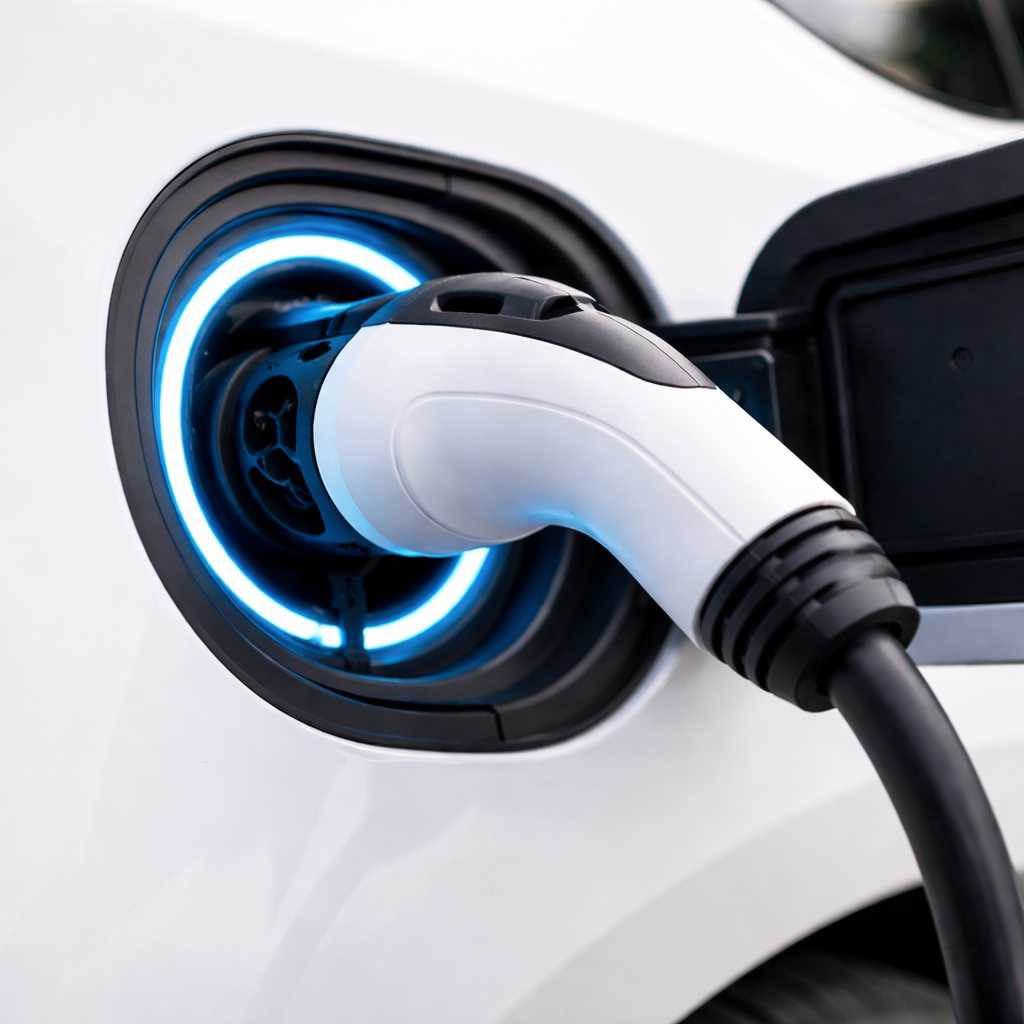
Effective immediately, the CQC has begun accepting certification applications based on the new standard. Certificates under the old version will no longer be issued after May 1, 2026. Certificate holders of products certified under the 2017 version must apply for a transition to the 2025 standard and undergo testing that addresses the differences between the two versions. A separate test report must be submitted for each product series. All transitions must be completed by April 30, 2027. Certificates not converted by this deadline will be suspended, and if the process remains incomplete by July 30, 2027, the old certificates will be revoked.
For more information on how CCC certification, the CCC Self-Declaration and voluntary CCAP or CQC certification may affect your company, or for more information about CCC certification in general, please visit our News Section where you will find current updates twice a week.
Please do not hesitate to contact us for further details and consultation. You can contact us via email, Chat, or call us (UK: +44 2071931135, Europe: +49 69 2713769150, US: +1 773 654-2673).
You can also check our free CCC-Brochure, which can be downloaded as a PDF file. The brochure also contains information on the CCC Self-Declaration and the voluntary CQC- and CCAP-Certification).
China Updates CCC Certification Requirements for Automobiles and Components
Following the release of Technical Decision TC11-2025-01 by the Certification and Accreditation Administration of China (CNCA), the China Quality Certification Center (CQC) has revised its implementation rules CQC-C1101-2020 for compulsory product certification of automobiles. The center also issued an implementation plan outlining how the new standards are to be adopted. These updates include requirements for new certification applications, guidance for transitioning to the revised standards, and deadlines for compliance. Automobiles and automotive parts usually require CCC certification in order to be approved for import and sale in China.
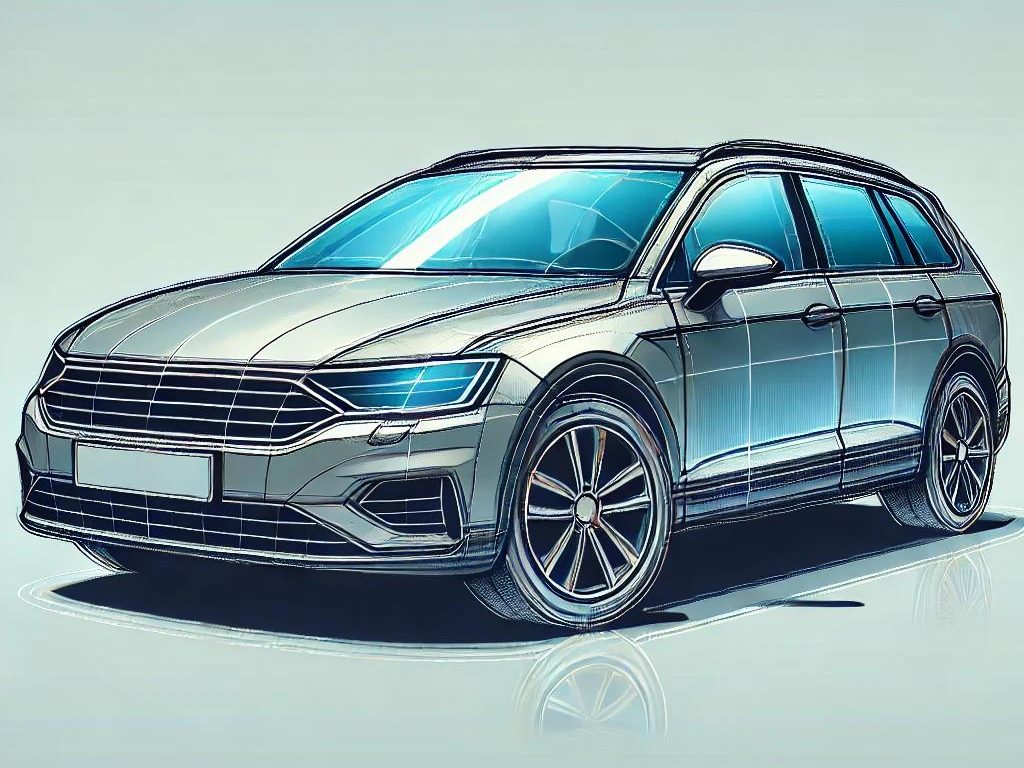
Simultaneously, the China Certification Center for Automotive Products (CCAP) revised its regulation CCAP-C11-01:2020 for the sixth time, aligning it with both Technical Decision TC11-2025-01 and other applicable regulatory provisions. Both CQC and CCAP have updated their certification procedures to reflect the new technical standards, ensuring compliance across vehicle models and components. Specific implementation requirements are outlined in a dedicated annex.
| New Standards | |||||
|---|---|---|---|---|---|
| No. | Standard Number | Standard Title | Replaces | Issue Date | Implementation Date |
| 1 | GB 20071-2025 | Occupant Protection in Side Impact for Automobiles | GB 20071-2006 | 25.04.2025 | 01.07.2026 |
| 2 | GB 20072-2024 | Rear Collision Safety Requirements for Passenger Cars | GB 20072-2006 | 31.12.2024 | 01.07.2026 |
| 3 | GB 38031-2025 | Safety Requirements for Traction Battery in Electric Vehicles | GB 38031-2020 | 28.03.2025 | 01.07.2026 |
| 4 | GB 11555-2025 | Technical Specification for Defrosting and Demisting Systems of Vehicle Windscreens | GB 11555-2009 | 28.03.2025 | 01.01.2026 |
| 5 | GB/T 13594-2025 | Performance Requirements and Test Methods of Anti-lock Braking Systems for Commercial Vehicles and Trailers | GB/T 13594-2003 | 25.04.2025 | 01.08.2025 |
| 6 | GB/T 17350-2024 | Classification, Naming, and Type Coding for Special Purpose Vehicles and Trailers | GB/T 17350-2009 | 31.12.2024 | 01.01.2026 |
| 7 | GB/T 31484-2015 (Amendment No. 1) | Cycle Life Requirements and Test Methods for Traction Battery in Electric Vehicles | — | 28.02.2025 | 01.04.2025 |
| 8 | GB 9743-2024 (Amendment No. 1) | Passenger Car Tires | — | 25.04.2025 | 01.05.2025 |
| 9 | GB 9744-2024 (Amendment No. 1) | Truck Tires | — | 25.04.2025 | 01.05.2025 |
For more information on how CCC certification, the CCC Self-Declaration and voluntary CCAP or CQC certification may affect your company, or for more information about CCC certification in general, please visit our News Section where you will find current updates twice a week.
Please do not hesitate to contact us for further details and consultation. You can contact us via email, Chat, or call us (UK: +44 2071931135, Europe: +49 69 2713769150, US: +1 773 654-2673).
You can also check our free CCC-Brochure, which can be downloaded as a PDF file. The brochure also contains information on the CCC Self-Declaration and the voluntary CQC- and CCAP-Certification).
Revised CCC Requirements Reintroduced for Automotive and Industrial Goods in China
On January 7, 2026, China’s Certification and Accreditation Administration (CNCA) issued Announcement No. 57, marking a significant update to the China Compulsory Certification (CCC) Catalogue. This announcement reverses the previous approach of allowing CCC Self-Declaration (SDOC) for certain products and reintroduces the requirement for full traditional CCC certification. A total of 16 product categories across automotive and industrial sectors are affected, including automotive seat belts, safety glass, indirect visibility devices, various electric tools, and arc welding machines.
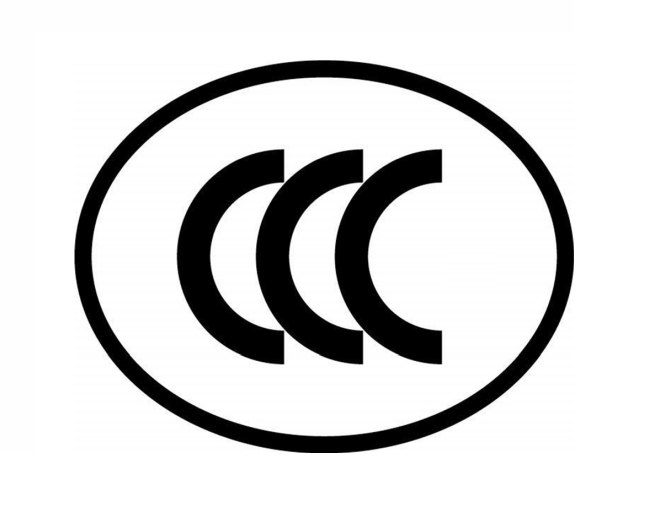
According to the revised regulations, the SDOC standard CNCA-00C-008-2019 will no longer apply after December 31, 2026. From July 1, 2026, certificate holders must begin converting their existing SDOC certificates to traditional CCC certificates, a process to be completed by the end of that year. Additionally, new SDOC certificates will not be issued for the affected products starting from that date. Certification will be overseen by authorities such as the China Certification Center for Automotive Products (CCAP) and the China Quality Certification Center (CQC), based on newly introduced CNCA implementation rules. Guidelines for the conversion process are expected to be released soon.
For more information on how CCC certification, the CCC Self-Declaration and voluntary CCAP or CQC certification may affect your company, or for more information about CCC certification in general, please visit our News Section where you will find current updates twice a week.
Please do not hesitate to contact us for further details and consultation. You can contact us via email, Chat, or call us (UK: +44 2071931135, Europe: +49 69 2713769150, US: +1 773 654-2673).
You can also check our free CCC-Brochure, which can be downloaded as a PDF file. The brochure also contains information on the CCC Self-Declaration and the voluntary CQC- and CCAP-Certification).
Chinese Authorities closed at Turn of the Year – 2025/26
At the beginning of 2026, the Chinese authorities and certification bodies will be closed.
The New Year’s celebrations will take place on January 1, 2026. Regular operations will resume on January 2, 2026. These closing times can cause delays in certification processes during this time.

While New Year’s Eve is celebrated in China in a rather modest way compared to the Chinese New Year, also known as the Spring Festival, it still remains a remarkable time. The Spring Festival, the most important festival in the country, is based on the Chinese lunar calendar. In the coming year, the closing days of the authorities will fall on the period from 17 February to expectedly 22 February 2026.
MPR China Certification GmbH continues to provide you with reliable support in your certification processes. If you would like to have your products checked with regard to the CCC obligation, we will also be happy to help you by phone or e-mail between the holidays.
We wish you a successful New Year 2026!
Looking Back on a Successful 2025 – MPR China Certification Thanks You for a Great Year
As 2025 comes to a close, MPR China Certification looks back with gratitude on a successful year filled with exciting projects, strong partnerships, and valuable collaboration with our clients. We would like to sincerely thank you for your continued trust and support—your confidence in us is the foundation of our ongoing success.
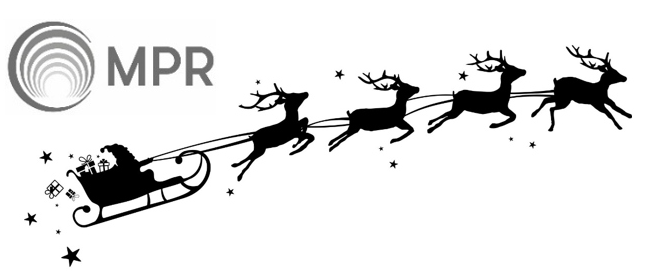
Alongside our professional achievements, we’re also pleased to share a lighter update from within the company: since this year, dogs are officially welcome in the office. Our “new team member”—a cheerful office dog – has quickly become a regular presence and a source of joy for the whole team. Research from Virginia Commonwealth University has shown that dogs in the workplace can significantly reduce stress and increase productivity—a benefit we’ve happily experienced firsthand.
Wishing you a Merry Christmas and a great start to the New Year 2026 – Your MPR China Certification Team

TC114 Announces New Draft Automotive Standards and Revisions
MPR China Certification GmbH regularly publishes information from the TC114 (National Automotive Standardization Technical Committee) regarding newly announced drafting of new standards or revisions of existing ones. Recent project announcements include, for example, the formulation of Methods for Constructing Safety Boundaries in Emergency Scenarios of Intelligent Connected Vehicles and the revision of Passenger car door strength requirements and test methods. Products affected by such norms may require CCC Certification for import and sale on the Chinese market.
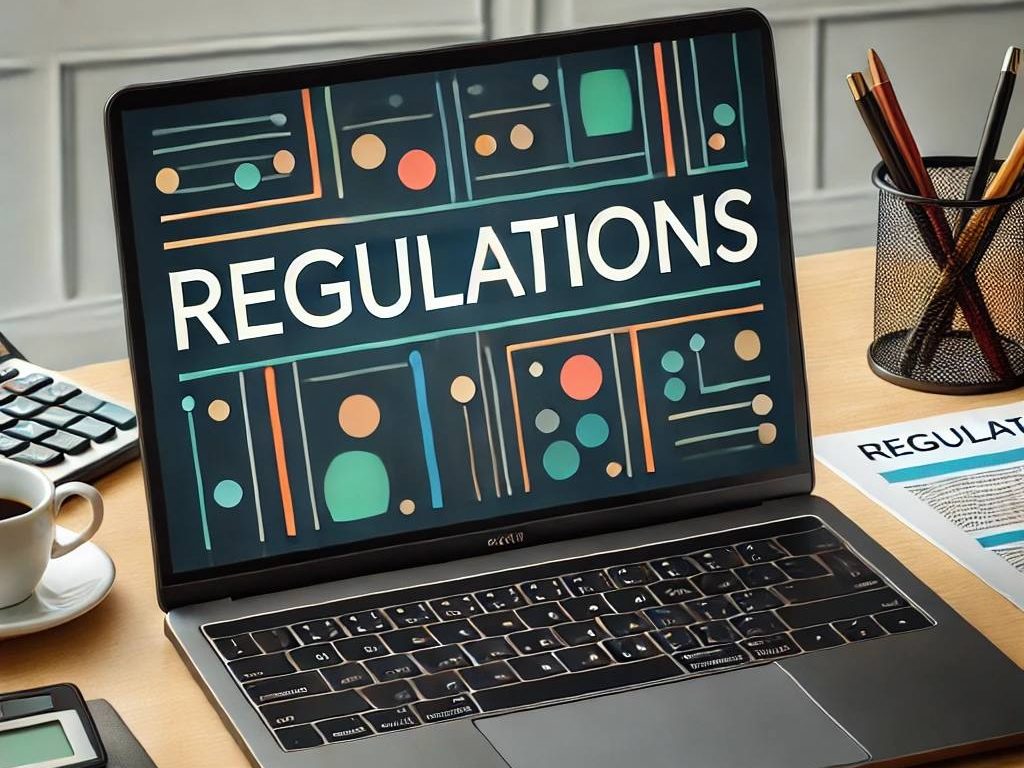
Here you can find an overview of newly announced norms:
| Project Name | Preparation and revision | Planned release date | Project Status |
| Vehicle Power Battery Recycling Management Standard Part 7: Integrated Entire Chain (IEIC) Design Guidelines | Formulate | 31.10.2025 | Under drafting |
| Regulations on the Management of Recycling and Utilization of Vehicle Power Batteries, Part 6: Residual Value Assessment | Formulate | 31.10.2025 | Under drafting |
| Methods for Constructing Safety Boundaries in Emergency Scenarios of Intelligent Connected Vehicles | Formulate | 31.10.2025 | Under drafting |
| Environmental conditions and testing of electrical and electronic equipment for road vehicles - Part 1: General requirements | Revision | 31.10.2025 | Under drafting |
| Environmental conditions and testing of electrical and electronic equipment for road vehicles - Part 4: Climatic loads | Revision | 31.10.2025 | Under drafting |
| Automotive extreme environment adaptability test methods | Revision | 31.10.2025 | Under drafting |
| Technical Requirements and Test Methods for Intrusion Detection in Automotive Network Security | Formulate | 31.10.2025 | Under drafting |
| Part 5 of the Recycling and Reuse of Vehicle Power Batteries: Product Labeling of Recycled Materials | Formulate | 31.10.2025 | Under drafting |
| Vehicle ride comfort test method | Revision | 31.10.2025 | Under drafting |
| Environmental conditions and testing of electrical and electronic equipment for road vehicles - Part 5: Chemical load | Revision | 31.10.2025 | Under drafting |
| Environmental conditions and testing of electrical and electronic equipment for road vehicles - Part 3: Mechanical loads | Revision | 31.10.2025 | Under drafting |
| Fuel filter single-pass original filtration efficiency test method | Revision | 31.10.2025 | Under drafting |
| Compressed natural gas refueling port for automobiles | Revision | 31.10.2025 | Under drafting |
| Technical requirements for gas-powered vehicle leak alarm devices | Revision | 31.10.2025 | Under drafting |
| Product labeling for child restraint systems in motor vehicles | Revision | 31.10.2025 | Under drafting |
| Evaluation method for oil/water separation efficiency of diesel engine fuel filter | Revision | 31.10.2025 | Under drafting |
| Passenger car door strength requirements and test methods | Revision | 31.10.2025 | Under drafting |
| Technical Specifications for Side Airbags and Curtain Airbags in Automobiles to Prevent Occupant Ejection | Formulate | 31.10.2025 | Under drafting |
| Freight Trailer Series | Revision | 31.10.2025 | Under drafting |
For more information on how CCC certification, the CCC Self-Declaration and voluntary CCAP or CQC certification may affect your company, or for more information about CCC certification in general, please visit our News Section where you will find current updates twice a week.
Please do not hesitate to contact us for further details and consultation. You can contact us via email, Chat, or call us (UK: +44 2071931135, Europe: +49 69 2713769150, US: +1 773 654-2673).
You can also check our free CCC-Brochure, which can be downloaded as a PDF file. The brochure also contains information on the CCC Self-Declaration and the voluntary CQC- and CCAP-Certification).
Updated Implementation Timeline for Electric Bicycle Certification in China
The National Certification and Accreditation Administration of China has issued Announcement No. 25 of 2025 to strengthen the management of compulsory product certification for electric bicycles. In alignment with national directives, including the joint guidelines issued by the Ministry of Industry and Information Technology, the Ministry of Public Security, the State Administration for Market Regulation, and the Fire and Rescue Bureau, the announcement reaffirms the transition to updated technical standards. Electric bicycles that do not comply with the revised 2024 version of the “Electric Bicycle Safety Technical Specifications” (GB 17761) but were produced or imported before August 31, 2025, may still be sold under the older standards until November 30, 2025. Electric bicycles usually require CCC certification in order to be approved for import and sale in China.
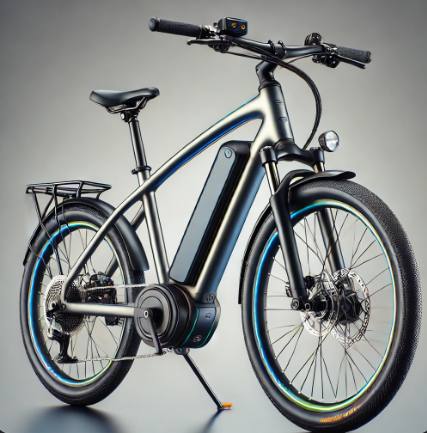
All valid CCC certificates issued under the previous standard will be officially canceled by designated certification bodies starting December 1, 2025. Additionally, any suspended certificates that cannot be reinstated will be revoked on the same date. After the cancellation or revocation, the sale of uncertified electric bicycles is strictly prohibited. Enterprises found in violation of these provisions will face legal consequences enforced by local market supervision authorities.
For more information on how CCC certification, the CCC Self-Declaration and voluntary CCAP or CQC certification may affect your company, or for more information about CCC certification in general, please visit our News Section where you will find current updates twice a week.
Please do not hesitate to contact us for further details and consultation. You can contact us via email, Chat, or call us (UK: +44 2071931135, Europe: +49 69 2713769150, US: +1 773 654-2673).
You can also check our free CCC-Brochure, which can be downloaded as a PDF file. The brochure also contains information on the CCC Self-Declaration and the voluntary CQC- and CCAP-Certification).



